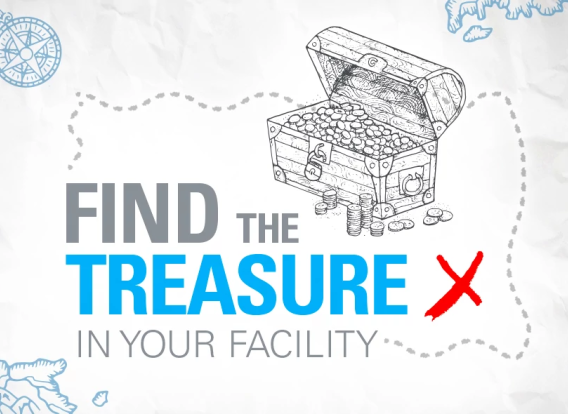Energy Efficiency Resources

Federal Tax Credits for Energy Efficiency
Did you know you can take credit for making energy- efficient improvements to your home? Federal income tax credits for energy efficient home improvements are available thru 2025 to homeowners for 30% of the project cost, up to $3,200 annually. If you are interested in learning more, please visit this webpage.
Home Energy Saving Tips
The resources below can help homeowners identify ways to reduce energy consumption. Reduced energy consumption means reduced air pollution from fossil fuel electricity production, which benefits everyone in our region! Below are Home Energy Saving Tips, and Grants and Assistance Programs.
Low or no cost actions
Low or no cost actions you can take to save energy (and money):
Turn heat/air conditioning OFF when you leave the house.
In winter, set your thermostat to 68°F or lower.
Wear layers or use blankets to warm up further.
In summer, set your thermostat to 79°F or higher.
Dress lightly to cool off easier.
Set your refrigerator to a moderate temperature, not to maximum cold.
Wash clothes using cold water only.
Unplug electronics and phone chargers (these use power even when OFF).
Smart power strips save energy automatically.
Replace your light bulbs with LED bulbs.
Higher cost actions
Higher cost actions you can take to save energy:
Install a programmable thermostat
Replace torn, cracked, or drafty weather stripping on exteriors doors
Insulate water pipes between the water heater and faucets
Replace an old water heater with a newer, Energy Star certified model
Replace an old heat pump or gas pack with a newer, Energy Star certified model (see Grants and Assistance Programs below for help with cost!)
Replace old windows with multi-layered, better insulated windows
Add insulation to uninsulated areas of your home (e.g. attic space, crawl space, walls around garage, etc.)
Grants and Assistance Programs
North Carolina Weatherization Assistance Program (WAP) for home improvements
Energy Saver North Carolina: Income-eligible North Carolinians can now start the application process to potentially save thousands of dollars on energy-saving home upgrades and appliances.
Commercial Property Assessed Capital Expenditure (C-PACE): Offers long-term private financing for commercial property upgrades in energy, water, and resiliency improvements.
Mecklenburg County Department of Community Resources Low-Income Energy Assistance Program (LIEAP) page
Duke Energy assistance programs:
○ Smart Savers: rebates for select home improvement projects
○ Neighborhood Energy Saver: light bulbs, faucet and shower heads, HVAC filters, and other home upgrades
○ Home Weatherization Program: Eligible income-qualified customers can receive free energy efficiency upgrades to help lower their energy bills
Rural Energy Efficiency grants are available for farm-owners in rural areas.

